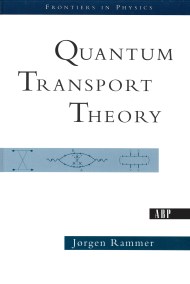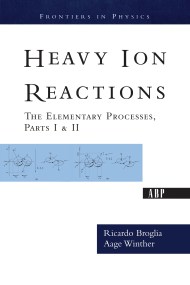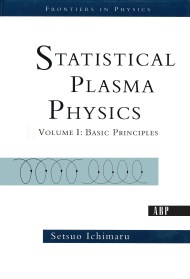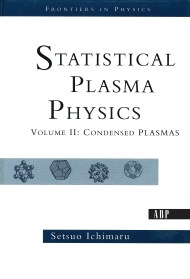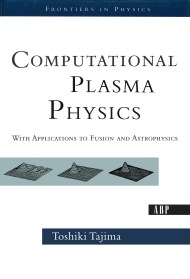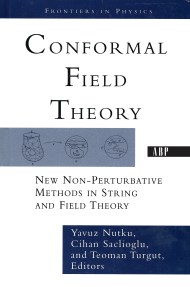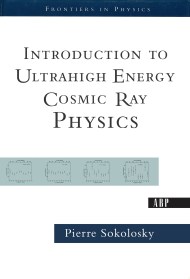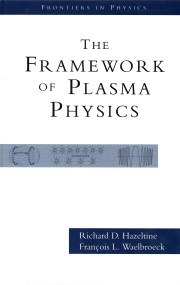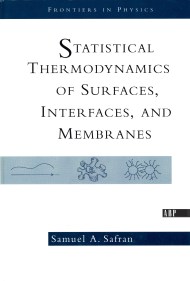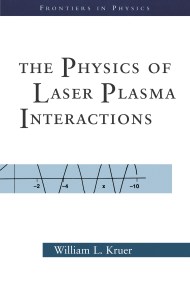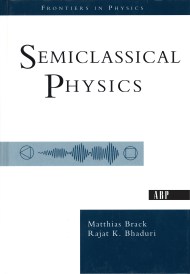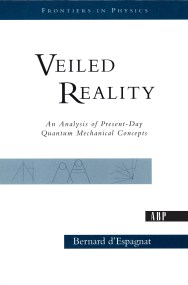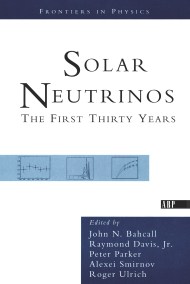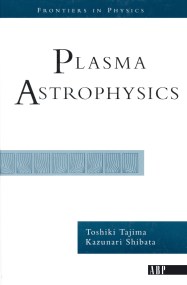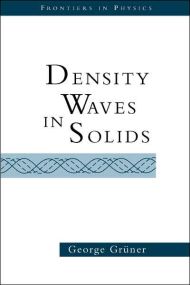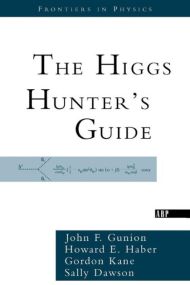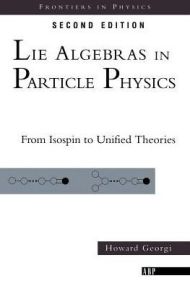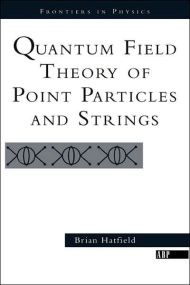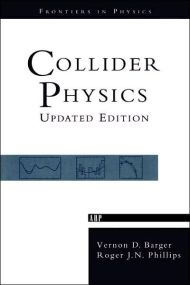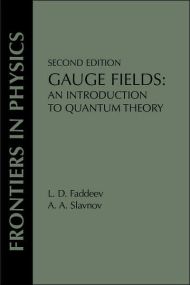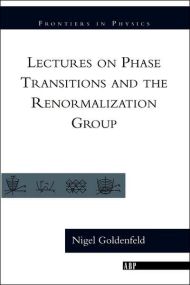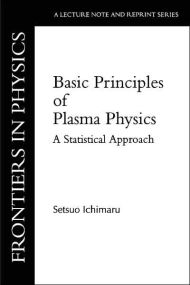Books in Order: Frontiers in Physics by Michael E. Peskin
Titles List
-
Quantum Transport Theory is a comprehensive account of recent achievements in the understanding of disordered conductors. Chapters cover the density matrix description of nonequilibrium statistical mechanics and newer topics in the field of condensed matter physics, including: weak localization; destruction… Read More
-
Combining elastic and inelastic processes with transfer reactions, this two-part volume explores how these events affect heavy ion collisions. Special attention is given to processes involving the transfer of two nucleons, which are specific for probing pairing correlations in nuclei.… Read More
-
Plasma physics is an integral part of statistical physics, complete with its own basic theories. Designed as a two-volume set, Statistical Plasma Physics is intended for advanced undergraduate and beginning graduate courses on plasma and statistical physics, and as such,… Read More
-
The aim of this book is to elucidate a number of basic topics in physics of dense plasmas that interface with condensed matter physics, atomic physics, nuclear physics, and astrophysics. The different plasmas examined here include astrophysical dense plasmas -… Read More
-
The physics of plasmas is an extremely rich and complex subject as the variety of topics addressed in this book demonstrates. This richness and complexity demands new and powerful techniques for investigating plasma physics. An outgrowth from his graduate course… Read More
-
Quantum field theory has been with us for over 75 years, but it is only in the last 25 that physicists and mathematicians have jointly ventured out to explore its realms beyond the reach of perturbation theory, to the great… Read More
-
Cosmic ray physics has recently attracted a great deal of attention from the high energy physics community because of the discovery of new sources and the advent of new techniques. The result of a series of lectures prepared for graduate… Read More
-
Plasma physics is a necessary part of our understanding of stellar and galactic structure. It determines the magnetospheric environment of the earth and other planets; it forms the research frontier in such areas as nuclear fusion, advanced accelerators, and high… Read More
-
Understanding the structural and thermodynamic properties of surfaces, interfaces, and membranes is important for both fundamental and practical reasons. Important applications include coatings, dispersants, encapsulating agents, and biological materials. Soft materials, important in the development of new materials and the… Read More
-
Based on a graduate course in plasma physics taught at University of California, Davis, this classic book provides a concise overview and a physically-motivated treatment of the major plasma processes which determine the interaction of intense light waves with plasmas.… Read More
-
Semiclassical Physics explores the fascinating and deep connection between classical motion and quantum fluctuations. The book conveys a way of describing quantum effects in a physical system using the periodic orbit theory of Gutzwiller, which focuses on the classical dynamics… Read More
-
By questioning the validity of some of our basic concepts, such as space, object, and causality, quantum physics contributes quite decisively to the dramatic changes now taking place in our world picture.This book is addressed not only to physicists at… Read More
-
The papers reprinted in this book depict a research field that is poised to answer some of the fundamental questions of twentieth-century physics and astronomy: How does the sun shine? What is the dark matter? Is there new physics beyond… Read More
-
The twentieth century has witnessed the transformation of astronomy from celestial mechanics to astrophysics. While optical telescopes may have presented a peek into the structure of the constituents of the universe, such as stars and galaxies, new windows of observation… Read More
-
”Density Waves in Solids is written for graduate students and scientists interested in solid-state sciences. It discusses the theoretical and experimental state of affairs of two novel types of broken symmetry ground states of metals, charge, and spin density waves.… Read More
-
The Higgs Hunter's Guide is a definitive and comprehensive guide to the physics of Higgs bosons. In particular, it discusses the extended Higgs sectors required by those recent theoretical approaches that go beyond the Standard Model, including supersymmetry and superstring-inspired… Read More
-
Howard Georgi is the co-inventor (with Sheldon Glashow) of the SU(5) theory. This extensively revised and updated edition of his classic text makes the theory of Lie groups accessible to graduate students, while offering a perspective on the way in… Read More
-
The purpose of this book is to introduce string theory without assuming any background in quantum field theory. Part I of this book follows the development of quantum field theory for point particles, while Part II introduces strings. All of… Read More
-
This updated edition of Collider Physics surveys the major developments in theoretical and experimental particle physics and uses numerous illustrations to show how the Standard Model explains the experimental results. Collider Physics offers an introduction to the fundamental particles and… Read More
-
Covering the elementary aspects of the physics of phases transitions and the renormalization group, this popular book is widely used both for core graduate statistical mechanics courses as well as for more specialized courses. Emphasizing understanding and clarity rather than… Read More
-
The book describes a statistical approach to the basics of plasma physics. Read More
By the Author
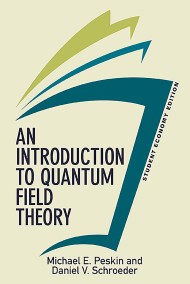
An Introduction To Quantum Field Theory, Student Economy Edition
By clicking ‘Sign Up,’ I acknowledge that I have read and agree to Hachette Book Group’s Privacy Policy and Terms of Use
